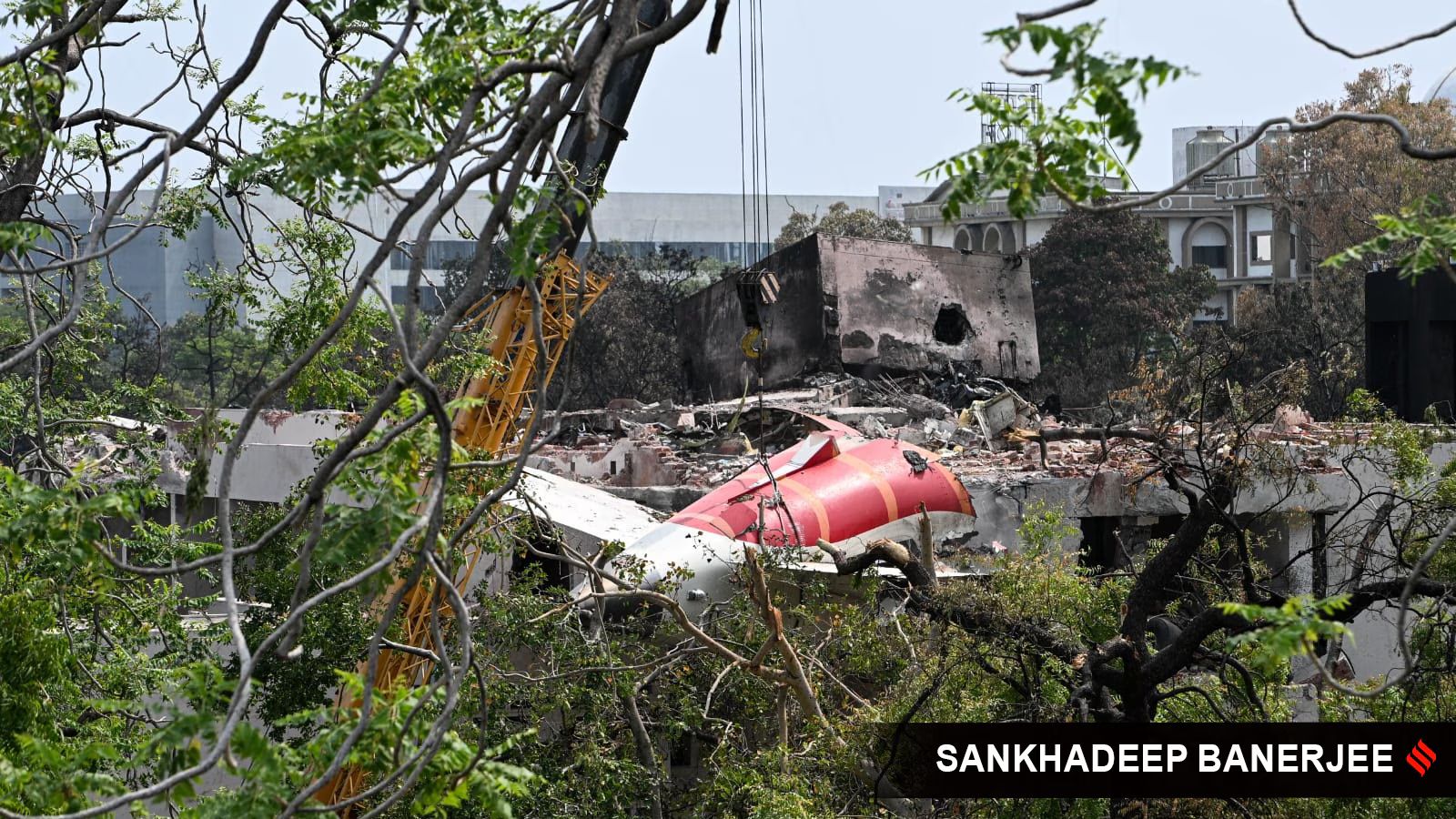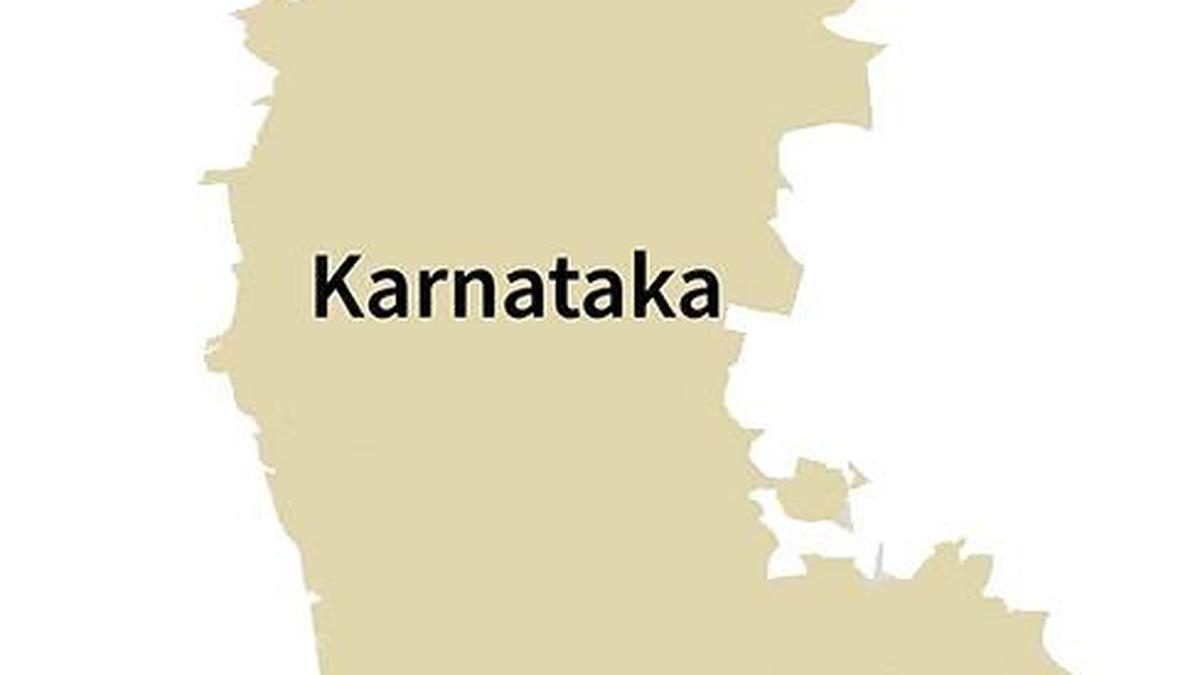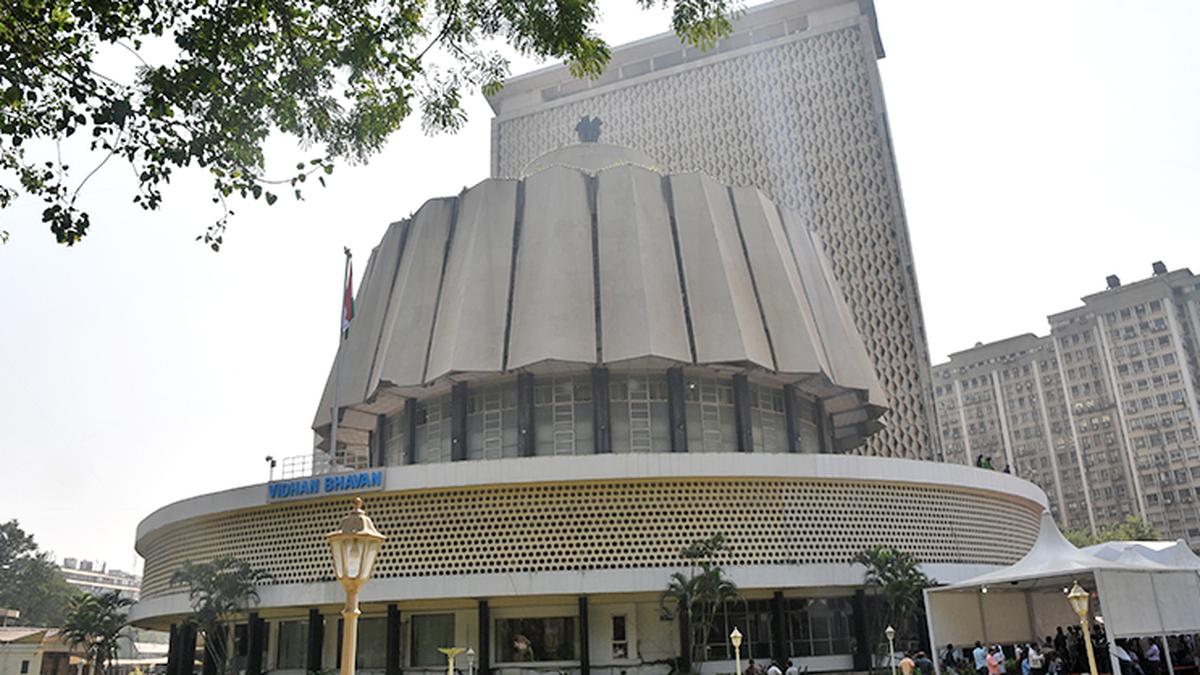Effects of the Emergency (June 25, 1975 — March 21, 1977) can still be felt in Tamil Nadu and in India-Sri Lanka relations as the Government of Prime Minister Indira Gandhi did not protect the interests of Indian fishermen to fish in the Palk Strait while concluding a pact with Sri Lanka during that period, said External Affairs Minister S. Jaishankar on Friday (June 27, 2025), apparently alluding to the Katchatheevu pact of 1976. Speaking about the Emergency at an event here, Mr. Jaishankar recollected his personal experience from that era and said the Emergency proved that democracy and freedom were in the “blood” of the Indian people.

“During the Emergency, big decisions used to be taken without discussion. These days, you know when our fishermen venture near Sri Lanka, there they are arrested. You know the reason? The reason is that during the Emergency, an agreement was signed with Sri Lanka in which the rights of our fishermen that they had earlier to fish in the waters near Sri Lanka, was something that we gave up. If the Emergency was not there and if we had a genuine Parliament at that time, I don’t think such an agreement would have been approved by the Parliament,” said the External Affairs Minister, speaking in Hindi. Indian fishermen frequently face arrests by the Sri Lankan Navy for trespassing into Sri Lankan waters — they are often arrested near the northern coast of the island, well past Katchatheevu — and fishing using the bottom trawling method, that is banned in Sri Lanka.

“The consequence of that period can be felt even today in Tamil Nadu,” said Mr. Jaishankar. The issue was earlier raised by Prime Minister Narendra Modi who on March 31 had blamed the Congress for “callously” giving away the Katchatheevu island to Sri Lanka. The External Affairs Minister said the Emergency caused setback to India’s global image and senior diplomats at that time used to face difficulties in justifying the Emergency rule in India that had done away with democratic governance.
‘Several lessons’
“In 1977 I joined Indian Foreign Service after clearing UPSC examination. We used to hear from senior diplomats of that time, how difficult it was to defend the Emergency in the world and how India was criticised because of the Emergency rule,” said Mr. Jaishankar, recollecting that the world perceived India as the largest and oldest democracy and it was difficult for Indian diplomats to defend the authoritarian rule of Emergency era before the world. He said the Emergency had several enduring lessons of that period asserting that: “Never take freedom for granted. Democracy is in our blood and DNA.”
The External Affairs Minister recollected how the Jawaharlal Nehru University’s Students Union faced police crackdown for opposing the Emergency. “The 30th Amendment stated that people cannot approach courts against the declaration of the Emergency. The 39th Amendment stated that people cannot go to court against the election of the Prime Minister and the 42nd Amendment stated that the Fundamental Rights of people would be diluted and the power of judiciary in the country would be reduced,” said Mr. Jaishankar, recollecting that during the Emergency, five Constitutional Amendments and 48 Ordinances were passed.


 2 weeks ago
2
2 weeks ago
2









 English (US) ·
English (US) ·  French (CA) ·
French (CA) ·  French (FR) ·
French (FR) ·